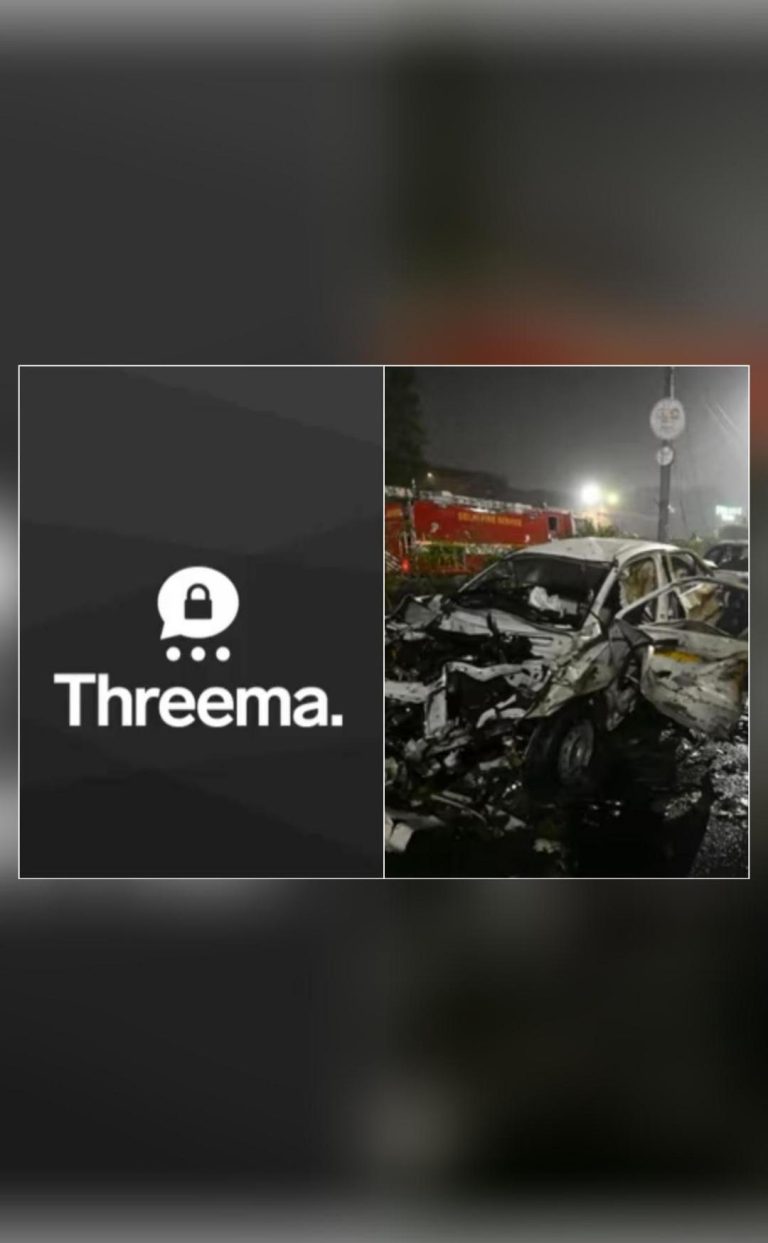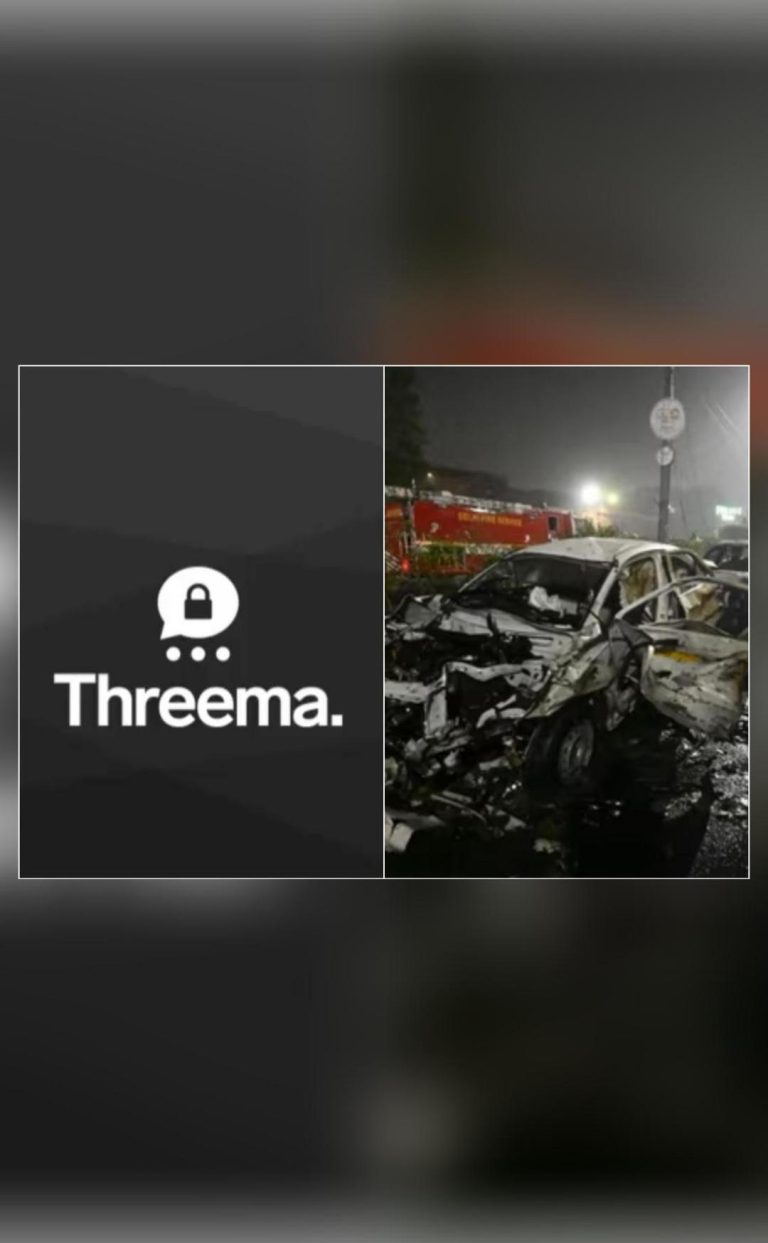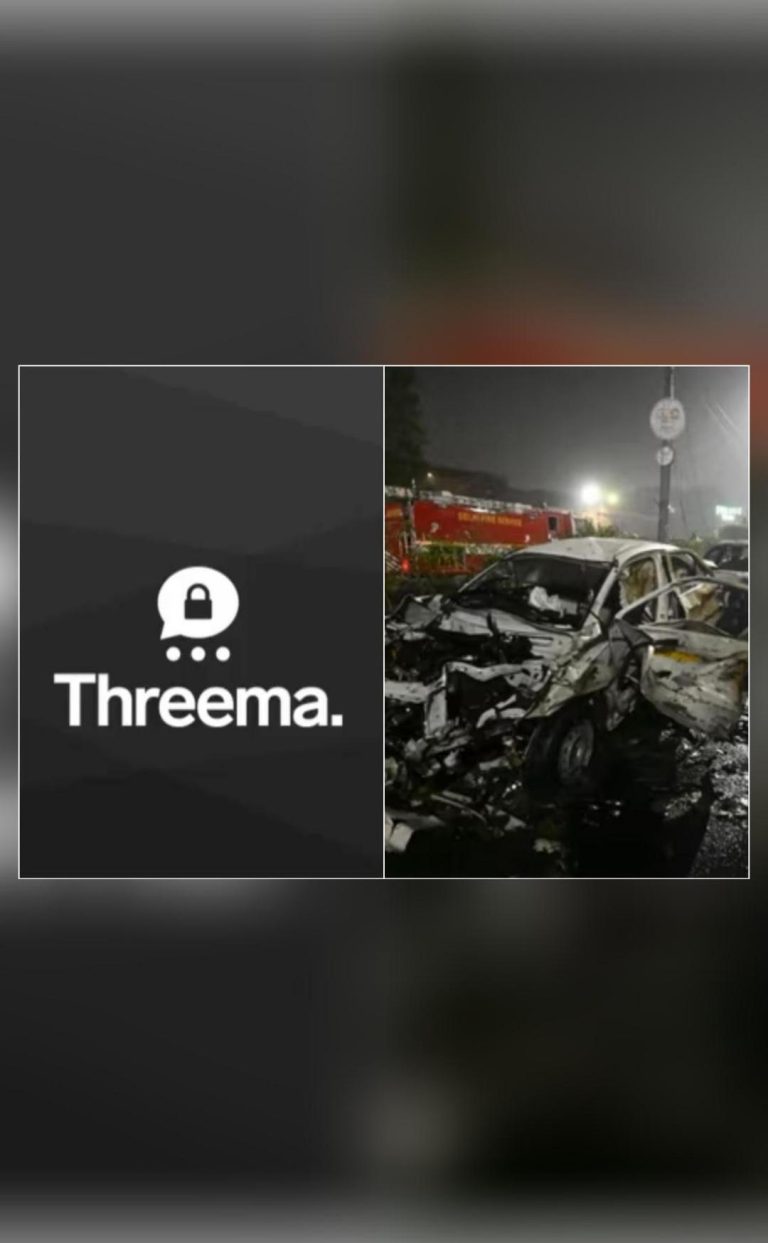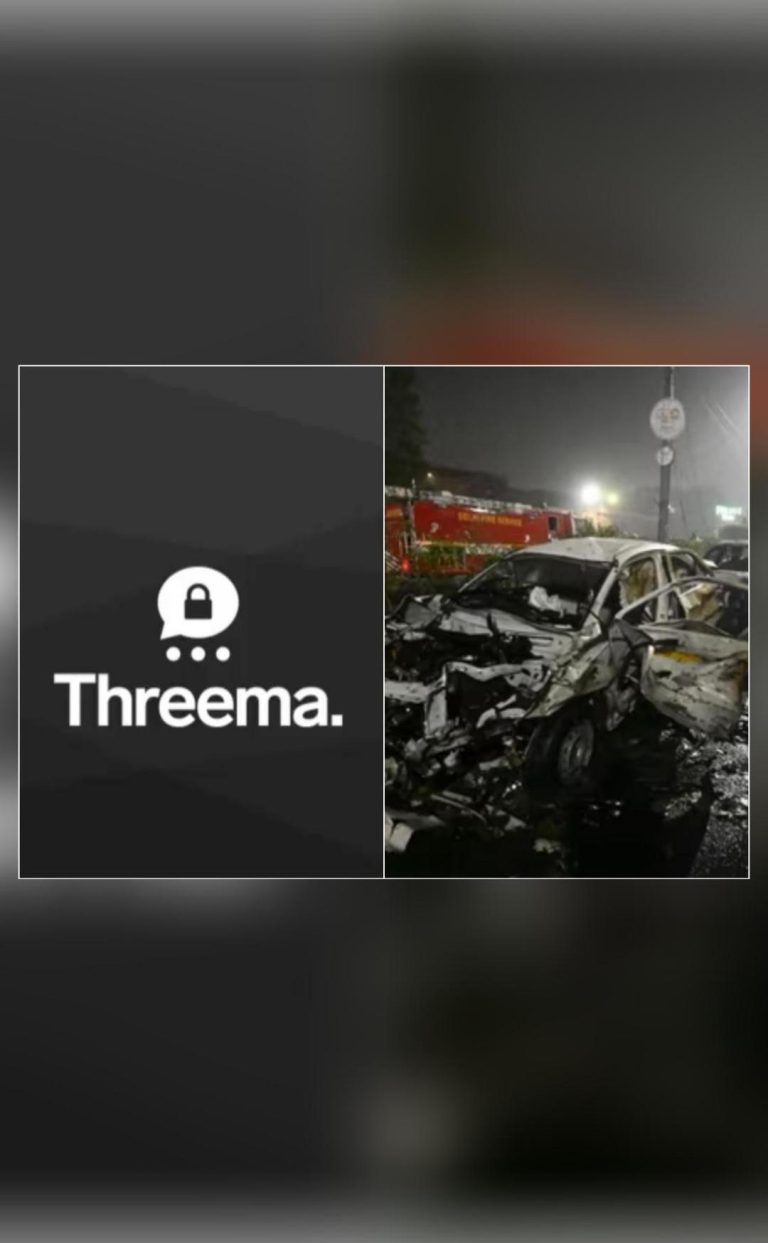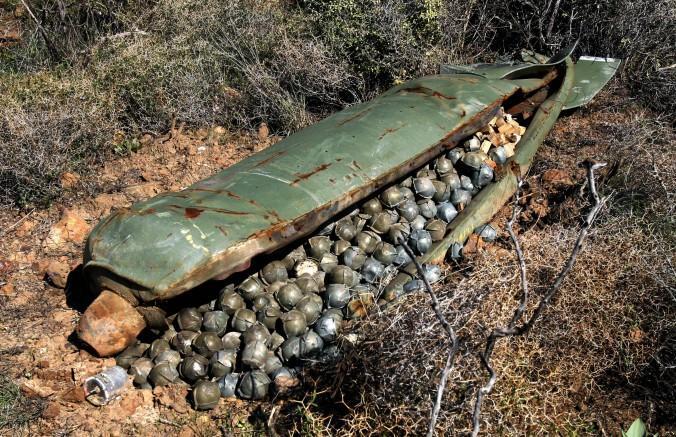
Israel Warns Public about Unexploded Bombs
In a recent development, Israel has issued a warning to its citizens about the potential risks of unexploded bombs following a missile strike by Iran. According to reports, the missile, which was fired from Lebanon, was equipped with a cluster bomb warhead, marking the first known use of such weapons in the conflict. The incident has raised concerns about the safety of civilians and the potential for further violence in the region.
The missile, which was launched on Monday, caused significant damage and casualties in the Israeli town of Kiryat Shmona. The attack was widely condemned by the international community, with many countries expressing their support for Israel and calling for restraint.
In response to the attack, Israel’s Home Front Command has issued a warning to the public about the potential risks of unexploded bombs. According to the command, the missile that was fired at Israel was equipped with a cluster bomb warhead, which is designed to disperse multiple smaller bombs over a wide area. These smaller bombs, known as submunitions, can be deadly and can cause significant damage to buildings and infrastructure.
In a statement, the Home Front Command advised civilians not to touch fallen objects from the missile strike due to the potential risks of unexploded submunitions. The command also urged people to report any suspicious items to emergency services immediately.
The warning comes as a precautionary measure to ensure the safety of civilians and to prevent any further harm. The Home Front Command has also deployed teams to search for and clear any unexploded bombs in the affected area.
The use of cluster bombs by Iran is a serious violation of international law and humanitarian principles. These weapons are banned in many countries and are considered to be indiscriminate and inhumane. The use of cluster bombs can cause significant harm to civilians and can perpetuate a cycle of violence and conflict.
In response to the attack, Israel has launched a series of airstrikes against Iranian targets in Syria. The airstrikes were carried out in retaliation for the missile attack and were intended to send a message to Iran that Israel will not tolerate such attacks.
The situation in the region remains tense, with many countries calling for restraint and a peaceful resolution to the conflict. The international community has condemned the use of cluster bombs and has called on all parties involved to respect international law and humanitarian principles.
What are Cluster Bombs?
Cluster bombs are a type of weapon that is designed to release multiple smaller bombs, known as submunitions, over a wide area. These submunitions are designed to explode on impact, causing significant damage to buildings, infrastructure, and civilians.
Cluster bombs are often used in military conflicts to target enemy positions, but they can also cause significant harm to civilians and non-combatants. The use of cluster bombs is banned in many countries and is considered to be a serious violation of international law and humanitarian principles.
The Risks of Unexploded Bombs
Unexploded bombs, including cluster bombs, can pose a significant risk to civilians and can cause significant harm. These bombs can remain live for years after they have been dropped, and can be triggered by a variety of factors, including movement, heat, or vibration.
In addition to the risk of explosion, unexploded bombs can also contaminate soil, water, and air, and can pose a long-term threat to the health and well-being of civilians.
Conclusion
The use of cluster bombs by Iran in the recent attack on Israel is a serious violation of international law and humanitarian principles. The risks of unexploded bombs are significant, and the international community must take action to prevent the use of such weapons in the future.
Israel’s Home Front Command has issued a warning to the public about the potential risks of unexploded bombs, and has advised civilians not to touch fallen objects from the missile strike due to the potential risks of unexploded submunitions. The command has also urged people to report any suspicious items to emergency services immediately.
The situation in the region remains tense, with many countries calling for restraint and a peaceful resolution to the conflict. The international community must come together to condemn the use of cluster bombs and to work towards a peaceful resolution to the conflict.
Source
https://thecsrjournal.in/what-cluster-bomb-missile-iran-fired-at-israel/



